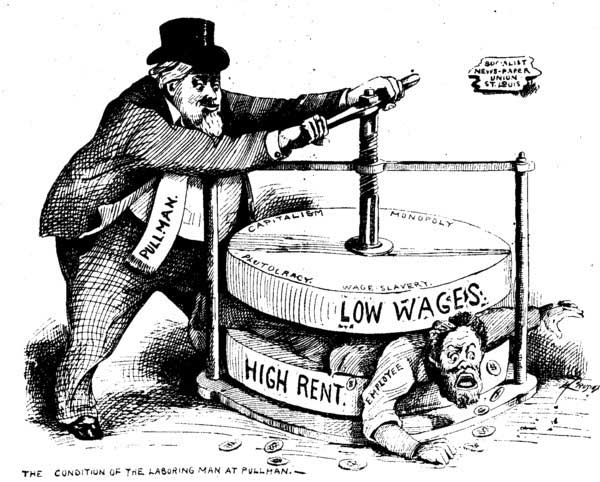
By Gregory Williams
Like many workers, I’m anxious around the first of the month. With a full-time job, I still struggle to make rent.
There are many reasons for these difficulties, all stemming from capitalism (the economic system we have, where a tiny few own almost all the wealth). We’re shackled with debt. For decades, wages have plummeted while living costs rise.
There is also a housing crisis. The problem isn’t a housing shortage; the U.S. Census says that, in 2017, 12.8% of housing units in NOLA were vacant. The problem is displacement and speculation. The rich make money gambling on the housing market, investing their enormous wealth (which is produced by our labor) in real estate speculation. They get rich, banks get bailed out, and working people end up on the streets.
But I want to raise questions specifically about rent and landlords. I’ve hated landlords since I moved into my rst apartment in a complex owned by a property management company. I was shocked when I was hit with various fines (like a $50 fee when rent was a day late), and cheated out of my security deposit. Now I know the score. Do we even need landlords, though? Is it necessary to have a system of housing where we pay rent to some owner? The answer is “no.” And we don’t have to turn to science ction for alternative models. In the 20th century, many countries had socialist revolutions, and all made great headway in abolishing exploitative housing arrangements, making access to housing a right.
Take the Soviet Union, the first socialist state. The revolutionaries faced extreme difficulties from the start. Housing was in short supply prior to the revolution. Immediately after the revolutionaries came to power in 1917, the Soviets were invaded by the capitalist powers, including the U.S. Basic housing construction was the main difficulty, and much of the progress was wiped out during WWII. The Soviets lost over a quarter of all dwelling places during the Nazi invasion. Nevertheless, they defeated the Nazis, set about rebuilding, and were able to ensure that no person was homeless. Most urban housing was communally owned or owned by the state, ensuring that everyone has access.
After the 1959 Cuban Revolution, many tenants were made home owners. Most others lived in state-owned housing, and by the mid-60s, were no longer paying rent. To this day, in the “poor” socialist countries of Cuba and North Korea, homelessness is unknown, whereas in the U.S., hundreds of thousands are homeless. The many socialist revolutions of the past century show that when workers take control of society, we can simply get rid of landlords and all the other exploiters. Under socialism, we can abolish rent. We can end homelessness.
